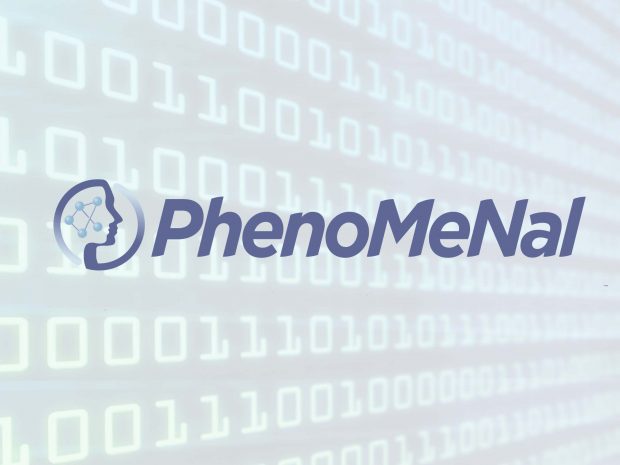
PhenoMeNal enables researchers to perform complex metabolomics analyses in the cloud
An international collaboration between EMBL’s European Bioinformatics Institute (EMBL-EBI) and 13 other partners has made large-scale metabolomics analyses easier with the launch of PhenoMeNal. This online portal allows researchers and clinicians to analyse large metabolomics datasets. For example, researchers can search for patterns in a patient’s data. They can then use the findings to improve the detection of disease and to help optimise treatment. This project has received funding from the European Union’s Horizon 2020 research and innovation programme.
What is metabolomics?
Metabolomics has the potential to become an essential tool for precision medicine. Metabolomics studies small molecules commonly known as metabolites, which exist in all cells, biofluids, tissues and organs.
Metabolites and their concentrations reflect the underlying biochemical activity and thereby the health of cells or tissues. When applied to urine, blood or spinal fluid samples, metabolomics analyses can reveal whether a patient has a specific disease.
After three years of community-driven development, PhenoMeNal is ready to serve its users
Understand molecular drivers of health
“After three years of community-driven development, PhenoMeNal is ready to serve its users,” explains Namrata Kale, PhenoMeNal Project Manager at EMBL-EBI. “The online portal uses state-of-the-art methods to understand the molecular drivers of health, ageing and disease. Researchers require no programming experience to easily and securely analyse patient data. PhenoMeNal enables them to get a better picture of how individual patients differ at a molecular level – this is key for precision medicine.”
PhenoMeNal allows clinicians to perform complex metabolomics analyses in line with privacy and ethics regulations. The portal uses the ELIXIR Authorisation and Authentication Infrastructure, which makes it safe and secure.
Streamline metabolomics data analysis
“PhenoMeNal has enabled us to streamline our metabolomics data analysis and resolve several computational challenges,” says Kim Kultima, a researcher at Uppsala University. “Today, we perform all of our targeted and untargeted metabolomics analyses in computational environments that have been developed within PhenoMeNal. Our latest work, integrating metabolomics data with other types of phenotypic data for improved diagnosis of multiple sclerosis patients, would not have been accomplished without the developments and efforts made within the PhenoMeNal consortium.”
“We would like to encourage researchers working with metabolomics data to explore the PhenoMeNal Gateway, test our robust tools and workflows and send us their feedback using the PhenoMeNal website,” says Kale. “We hope clinical researchers everywhere will make use of this open access portal for metabolomics analysis.”
This post was originally published on EMBL-EBI News.
